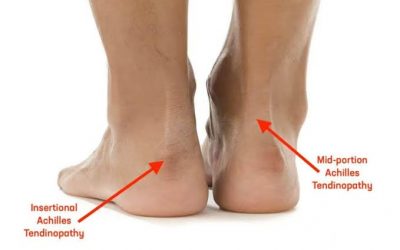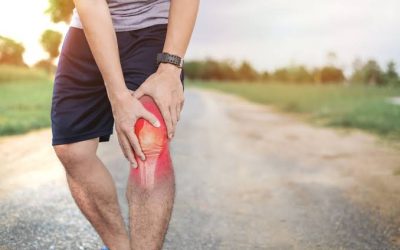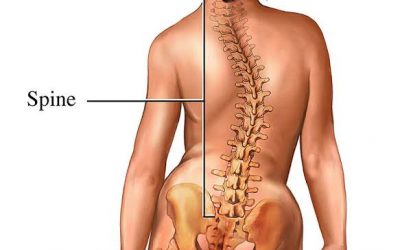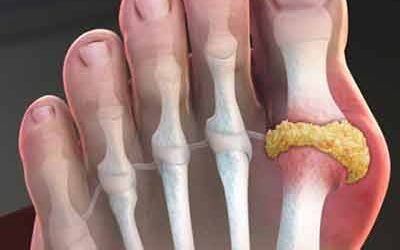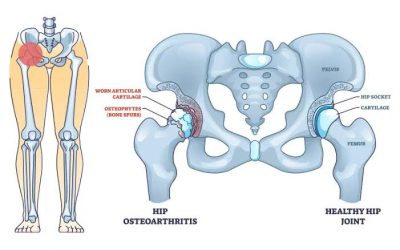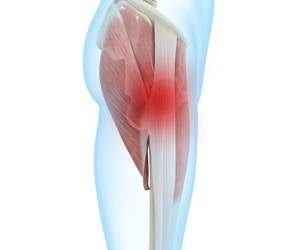Polycystic Ovary Syndrome 
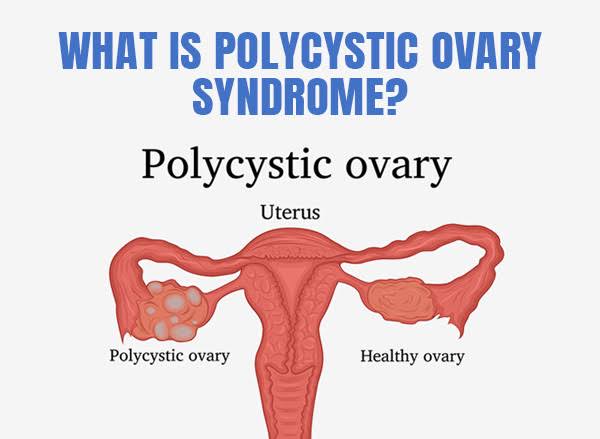

Polycystic ovary syndrome (PCOS) is a problem with hormones that happens during the reproductive years. If you have PCOS, you may not have periods very often. Or you may have periods that last many days. You may also have too much of a hormone called androgen in your body.
Polycystic ovary syndrome (PCOS) is a condition that affects a woman’s hormone levels.
Women with PCOS produce higher-than-normal amounts of male hormones. This hormone imbalance causes their body to skip menstrual periods and makes it harder for them to get pregnant.
PCOS also causes hair growth on the face and body, and baldness. And it can contribute to long-term health problems like diabetes and heart diseas.
Birth control pills and diabetes drugs (which combat insulin resistance, a PCOS symptom) can help fix the hormone imbalance and improve symptoms.
Women and people AFAB can get PCOS any time after puberty. Most people are diagnosed in their 20s or 30s when they’re trying to get pregnant. You may have a higher chance of getting PCOS if you have obesity or if other people in your biological family have PCOS.
Causes
The exact cause of PCOS isn’t known. Factors that might play a role include:
- Insulin resistance. Insulin is a hormone that the pancreas makes. It allows cells to use sugar, your body’s primary energy supply. If cells become resistant to the action of insulin, then blood sugar levels can go up. This can cause your body to make more insulin to try to bring down the blood sugar level.
Too much insulin might cause your body to make too much of the male hormone androgen. You could have trouble with ovulation, the process where eggs are released from the ovary.
- Low-grade inflammation. White blood cells make substances in response to infection or injury. This response is called low-grade inflammation. Research shows that people with PCOS have a type of long-term, low-grade inflammation that leads polycystic ovaries to produce androgens. This can lead to heart and blood vessel problems.
- Heredity. Research suggests that certain genes might be linked to PCOS. Having a family history of PCOS may play a role in developing the condition.
- Excess androgen. With PCOS, the ovaries may produce high levels of androgen. Having too much androgen interferes with ovulation. This means that eggs don’t develop on a regular basis and aren’t released from the follicles where they develop. Excess androgen also can result in hirsutism and acne.
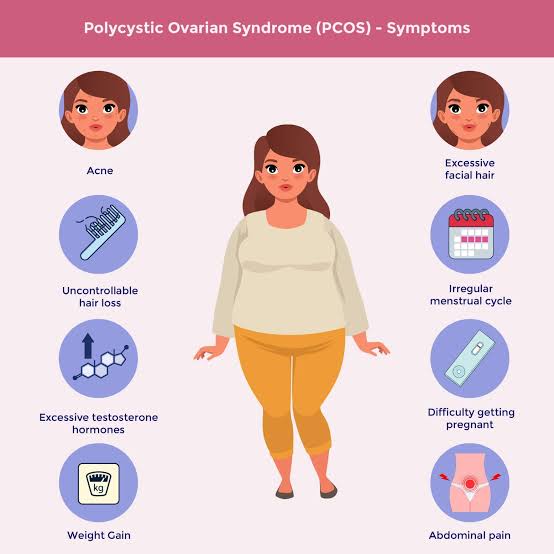
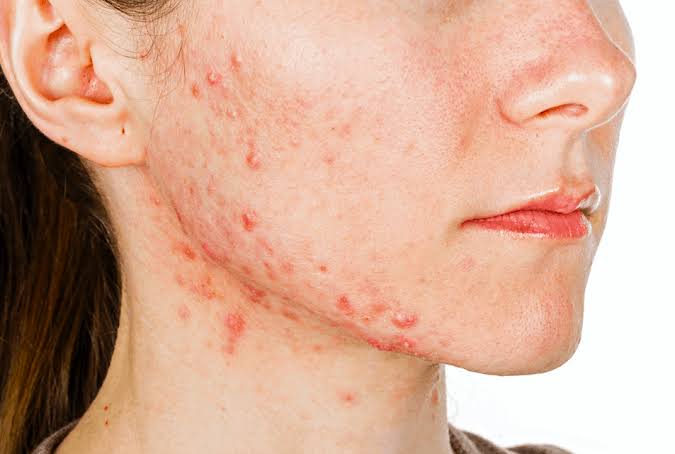
Common symptoms
- Irregular periods.IrreA lack of ovulation prevents the uterine lining from shedding every month. Some women with PCOS get fewer than eight periods a year or none at all .
- Heavy bleeding. The uterine lining builds up for a longer period of time, so the periods you do get can be heavier than normal.
- Hair growth. More than 70 percent of women with this condition grow hair on their face and body — including on their back, belly, and chest . Excess hair growth is called hirsutism.
- Acne.Male hormones can make the skin oilier than usual and cause breakouts on areas like the face, chest, and upper back.
- Weight gain.Up to 80 percent of women with PCOS are overweight or have obesity .
- Male pattern baldness.Hair on the scalp gets thinner and may fall out.
- Darkening of the skin. Dark patches of skin can form in body creases like those on the neck, in the groin, and under the breasts.
- Headaches. Hormone changes can trigger headaches in some women.
Diagnose
Typically, healthcare providers diagnose PCOS if you have at least two of the three symptoms:
- Irregular or missed periods. Some people with PCOS have very heavy bleeding when they do have a period.
- Signs of excess androgens such as acne or excessive hair growth. Or a blood test confirming high androgen levels.
- Enlarged ovaries or polycystic appearance of ovaries on ultrasound. Many people don’t develop cysts.
Treatment for PCOS usually starts with lifestyle changes like weight loss, diet, and exercise.
Losing just 5 to 10 percent of your body weight can help regulate your menstrual cycle and improve PCOS symptoms . Weight losscan also:
- improve cholesterol levels
- lower insulin
- reduce heart disease and diabetes risks
Any diet that helps you lose weight can help your condition. However, some diets may have advantages over others.
Studies comparing diets for PCOS have found that low carbonhydrate diest are effective for both weight loss and lowering insulin levels.
Exercise is even more beneficial when combined with a healthy diet. Diet plus exercise helps you lose more weight than either intervention alone, and it lowers your risks for diabetes and heart disease.
There is some evidence that acupuncture can help with improving PCOS.
Common medical treatments
Birth control pills and other medications can help regulate the menstrual cycle and treat PCOS symptoms like hair growth and acne.
Birth control
Taking progestin daily can:
- restore a normal hormone balance
- regulate ovulation
- relieve symptoms like excess hair growth
- protect against endometrial cancer
These hormones come in a pill,patch,or vaginal ring.
Metformin
Metformin (Glucophage, Fortamet) is a drug used to treat type 2 diabetes. It also treats PCOS by improving insulin levels.
One study found that taking metformin while making changes to diet and exercise improves weight loss, lowers blood sugar, and restores a normal menstrual cycle better than changes to diet and exercise alone .
Clomiphene
Clomiphene (Clomid) is a fertility drug that can help women with PCOS get pregnant.
It’s important to note that, as you’re discussing family planning, to keep in mind that clomiphene increases the chances for twins and other multiple births .
Hair removal medications
A few treatments can help get rid of unwanted hair or stop it from growing.
Eflornithine (Vaniqa) cream is a prescription drug that slows hair growth. Laser hair
removal and electrolysis can get rid of unwanted hair on your face and body.
